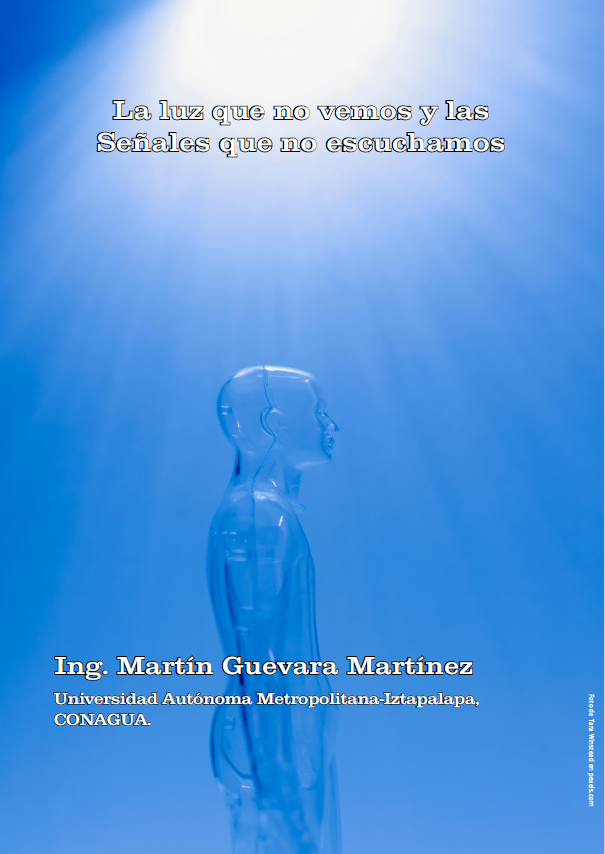La luz que no vemos y las Señales que no escuchamos
Abstract
It is said that the language of nature is mathematics, perhaps for many of us mathematics is not given to us in the best way, we struggle to understand any equation, and even more so to understand theory, however many of the mathematics have helped decipher and understand a whole range of everyday life situations and it is just that, having that ability to understand that language that can take us on an interesting and perhaps exciting adventure, given, for example, that we live in a digital age where signals or waves, travel through space, mostly with information that may seem complex but thanks to mathematics can be decoded, analyzed and give a result.
And it is precisely the field of medicine, where very interesting events have occurred that have to do with signals or light waves that we do not see. It is a journey, a little back in time in a time perhaps not too distant where what was happening inside the human body was not completely known, medicine did not have the necessary equipment to be able to give a diagnosis with certainty and little It was known about the processes of the organs of the human body, such as the brain, blood circulation, etc. Some parts of the human body were half-known, since there were images from the X-ray machine, highly requested for x-rays - this machine produces a type of radiation composed of electromagnetic waves, similar to sunlight, but of great intensity - which have the ability to pass through any object, giving a partial image of the element to be studied - the images, very useful when diagnosing a broken bone and it is even said that in the past, some shoe stores took x-rays to the feet of his clients by simply observing how the foot adjusted to the shoe. And an x-ray is the result of, a two-dimensional image, in which there is no appreciation of depth, this is due to the different densities that the tissues of the human body have.
Downloads
References
Principios matemáticos de la reconstrucción de imágenes tomográfica, Salvador Galindo Uribarri, CIENCIA ergo sum, Vol. 10-3, noviembre 2003-febrero 2004
Mente y Cerebro, investigación y ciencia.” interfaces cerebrales” Jose del R. Millan, pág. 10-14 No.13 2005
Scientific American junio 1989, Ronald N. Bracewell, “The Fourier Transform” pág. 86-95.
Ortega Hrescak, María Cinthya, Socolsky Gustavo A. Godfrey Newbold Hounsfield: historia e impacto de la tomografía computada. Revista Argentina de Radiología [en línea]. 2012, 76(4), 331-341[fecha de Consulta 21 de junio de 2024]. ISSN: 1852-9992. Disponible en: https://www.redalyc.org/articulo.oa?id=382538503009






